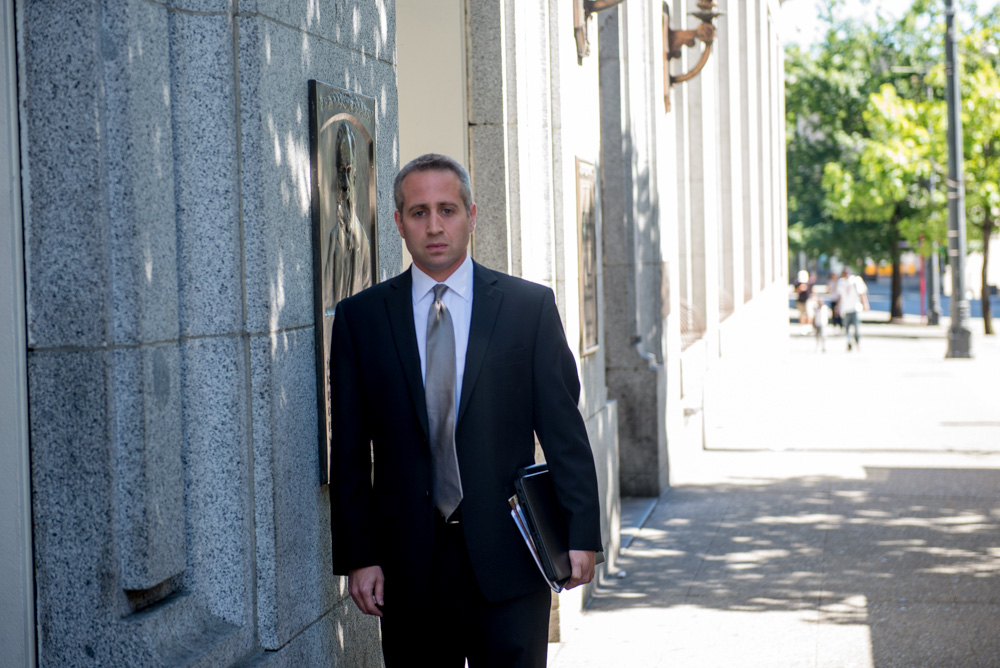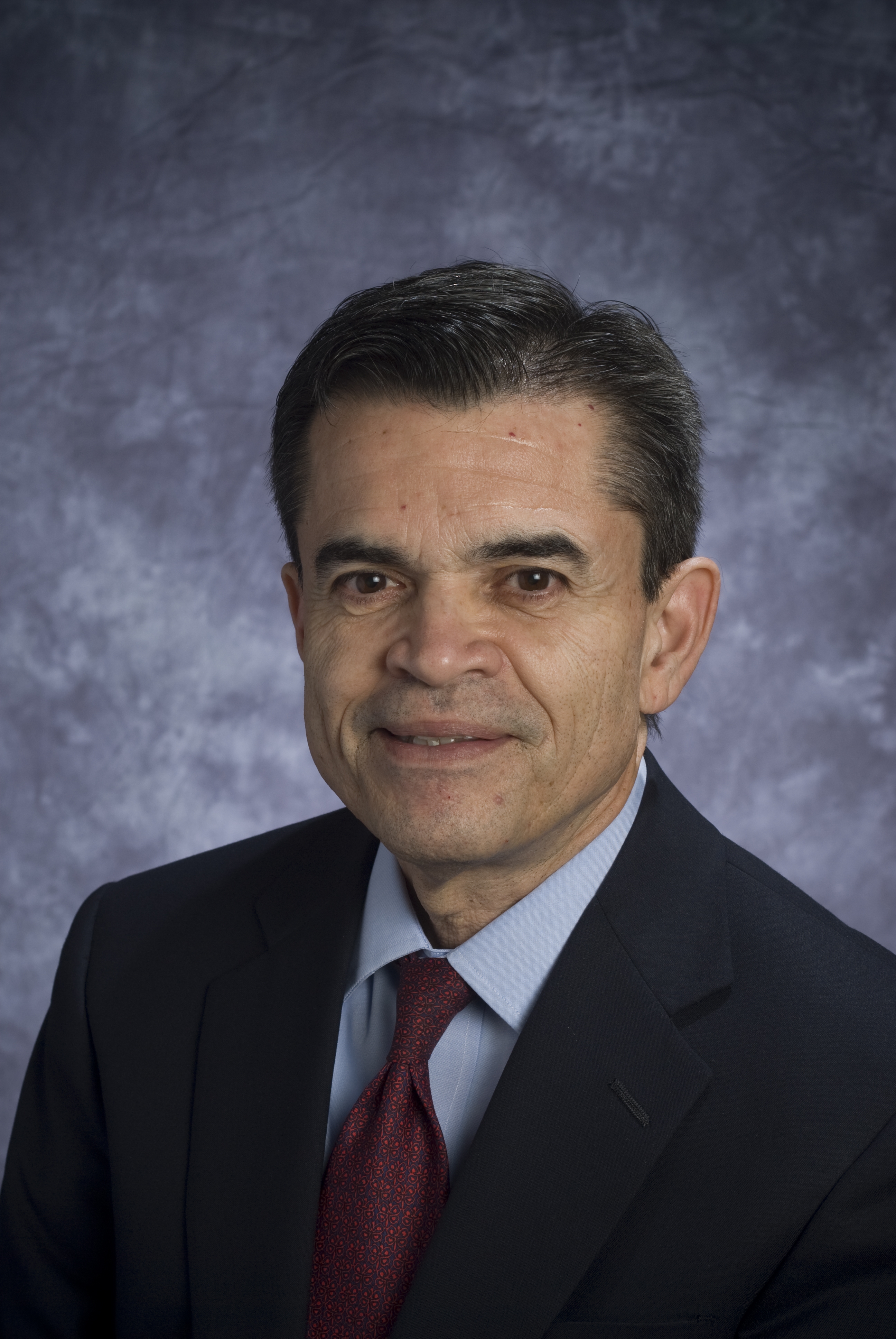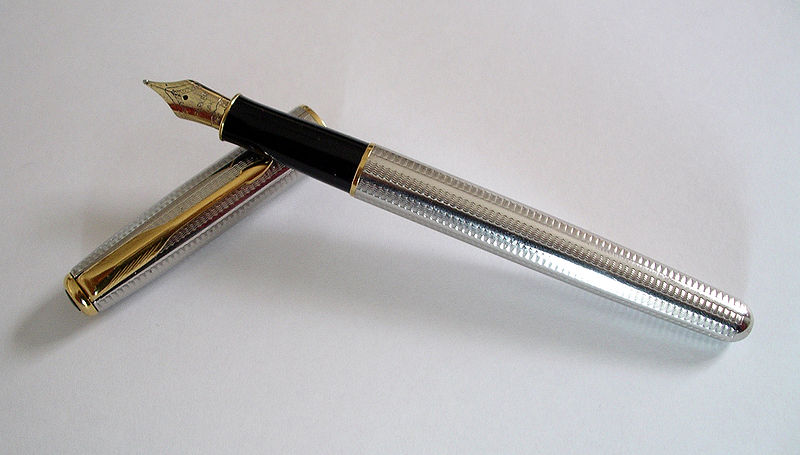Mayor McGinn weighs in on port truck reformIt would seem that Mayor Mike McGinn has taken a side in the long standing debate over port truck reform. In a letter sent January 22, McGinn asks Senator Patty Murray for her support in an effort to amend federal legislation that prevents the Port of Seattle from forcing trucking companies to hire drivers as full time employees. And while the move has been applauded by truckers and their advocates, there’s at least one other local, highly placed public official who is firmly behind maintaining the status quo: Port of Seattle CEO Tay Yoshitani.On Monday, Yoshitani attended a meeting of the American Association of Port Authorities in Tampa. The big issue before the Association’s policy committee was whether to take up a proposal by the Port of Los Angeles to amend the Federal Aviation Administration Authorization Act (FAAAA)Last year, Port of L.A. authorities ran afoul of the Act when they attempted to implement a “Clean Trucks” program which required drivers to be hired on full time, effectively abolishing the owner operator model that is still the industry standard. It’s an idea that drivers and their advocates have been pushing hard. The thinking is that shifting the responsibility for maintaining the largely aging trucks used by the drivers to the trucking companies will alleviate air quality problems around the ports, not to mention the driver’s financial woes.Problem was it apparently violated the FAAAA. The trucking companies pounced with a lawsuit, and the 9th Circuit Court issued an injunction. Now the Port of L.A. officials and their supporters are trying to enact reform on the front end, and asking the Port Authority Association for its help. Tay Yoshitani, however, isn’t convinced that the nation’s ports need any additional help to improve the trucking system. Through a spokesperson, Yoshitani confirms that he’s of the belief that expanding the FAAAA is not essential. The port “already has tools in place to address environmental issues,” says the spokesperson.True, the Port of Seattle does have its own clean trucks initiative, which includes a buyback program for more decrepit trucks. But it’s a little disingenuous not to address the fact that the nation’s trucking associations, some of whose members operate at the Port of Seattle, are strongly opposed to any move that might lead to them being required to fund the retrofitting of trucks, or to drivers organizing into unions. And if the abstract passed out to committee members didn’t actually discuss those concerns, Yoshitani’s explanation on why the Port of Seattle doesn’t need this bigger stick would hold a bit more water.
More Stories From This Author
Adam Smith and Kim Schrier will retain Congress seats | Election 2024
Smith represents the 9th Congressional District and Schrier represents the 8th Congressional District.
November 5, 2024 9:40 pm
Boeing Machinists approve contract, ending 52-day strike
After voting no twice, 59% of union members approved the latest contract.
By
Michael Henneke • November 5, 2024 8:40 am
Charges filed against teens in King County crime spree
Suspects linked to 78 robberies, shootings and carjackings in Sept. and Oct.
By
Benjamin Leung • October 21, 2024 6:00 pm







